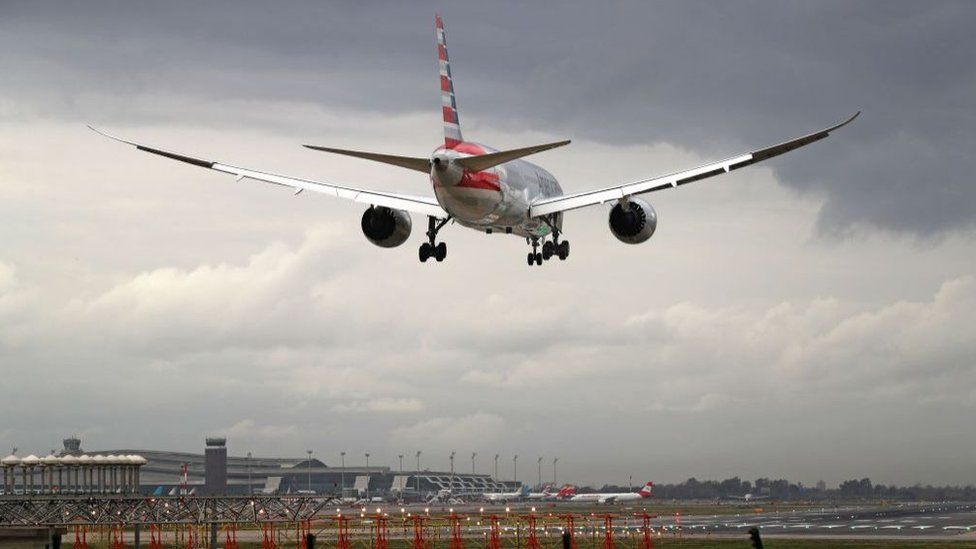Boeing hit after new whistleblower raises safety concerns
Boeing is encountering fresh scrutiny following revelations from a whistleblower who alerted US regulators about safety issues in the manufacturing process of certain aircraft.
Engineer Sam Salehpour accused Boeing of cutting corners in the production of its 787 and 777 jets and alleged that he faced potential termination for raising these concerns with management.
However, Boeing refuted these allegations, asserting that its planes were safe and underwent thorough engineering evaluations overseen by the Federal Aviation Administration (FAA).
The company maintained confidence in the longevity and safety of its aircraft, stating that the issues identified didn’t compromise safety and wouldn’t affect the planes’ operational lifespan spanning several decades.
Shares of Boeing declined nearly 2% on Tuesday following news of the FAA’s investigation into the whistleblower’s claims. Additionally, the company disclosed a decrease in plane deliveries, with only 83 planes shipped to customers in the first quarter of the year, marking the lowest number since 2021.
This whistleblower complaint, as reported by the New York Times, adds to the ongoing scrutiny surrounding the safety of Boeing’s aircraft, spotlighting the company’s position as one of the world’s primary commercial plane manufacturers.
Boeing was already under investigation and facing legal challenges after an incident in January where an unused exit door detached from one of its 737 Max 9 planes shortly after takeoff.
Passengers escaped serious injury but the incident has plunged the company into crisis, forcing a temporary grounding of dozens of 737 Max 9 planes, drawing regulatory probes, and prompting Boeing to dramatically slow production of its planes.
The company coming under intense scrutiny again led its chief executive David Calhoun to announce last month that he would step down by the end of the year.
On Tuesday, attorneys for engineer Mr Salehpour said Boeing had made decisions for the 787 aircraft assembly which placed stress on joints that linked up parts of the body of the jets, an issue affecting more than 1,000 planes.
In a whistleblower complaint filed with the FAA in January, he alleged the method could reduce the lifespan of the plane.
“These problems are the direct result of Boeing’s decision in recent years to prioritize profits over safety, and a regulator in the FAA that has become too deferential to industry,” his lawyers, Debra Katz and Lisa Banks said in a statement.
The attorneys added Mr Salehpour had been transferred to work on the 777 plane after he raised concerns.
They said he had soon observed other issues in the assembly of that plane.
“He was threatened with termination, excluded from important meetings, projects, and communication, denied reasonable requests for medical leave, assigned work outside of his expertise, and effectively declared persona non grata to his colleagues,” they said.
The 787 Dreamliner is a bigger plane than the 737, often used on international flights. It has been flying commercially since 2011, but almost from the start has been the target of quality complaints.
Boeing eventually slowed production and stopped deliveries for almost two years, responding to issues that had been raised. The FAA in 2022 cleared Boeing to resume deliveries.
The FAA, which has increased its oversight of Boeing since the door plug blowout in January, said in a statement that it encouraged people in the aviation industry to share information.
“We thoroughly investigate all reports,” the agency said when asked about the report.


